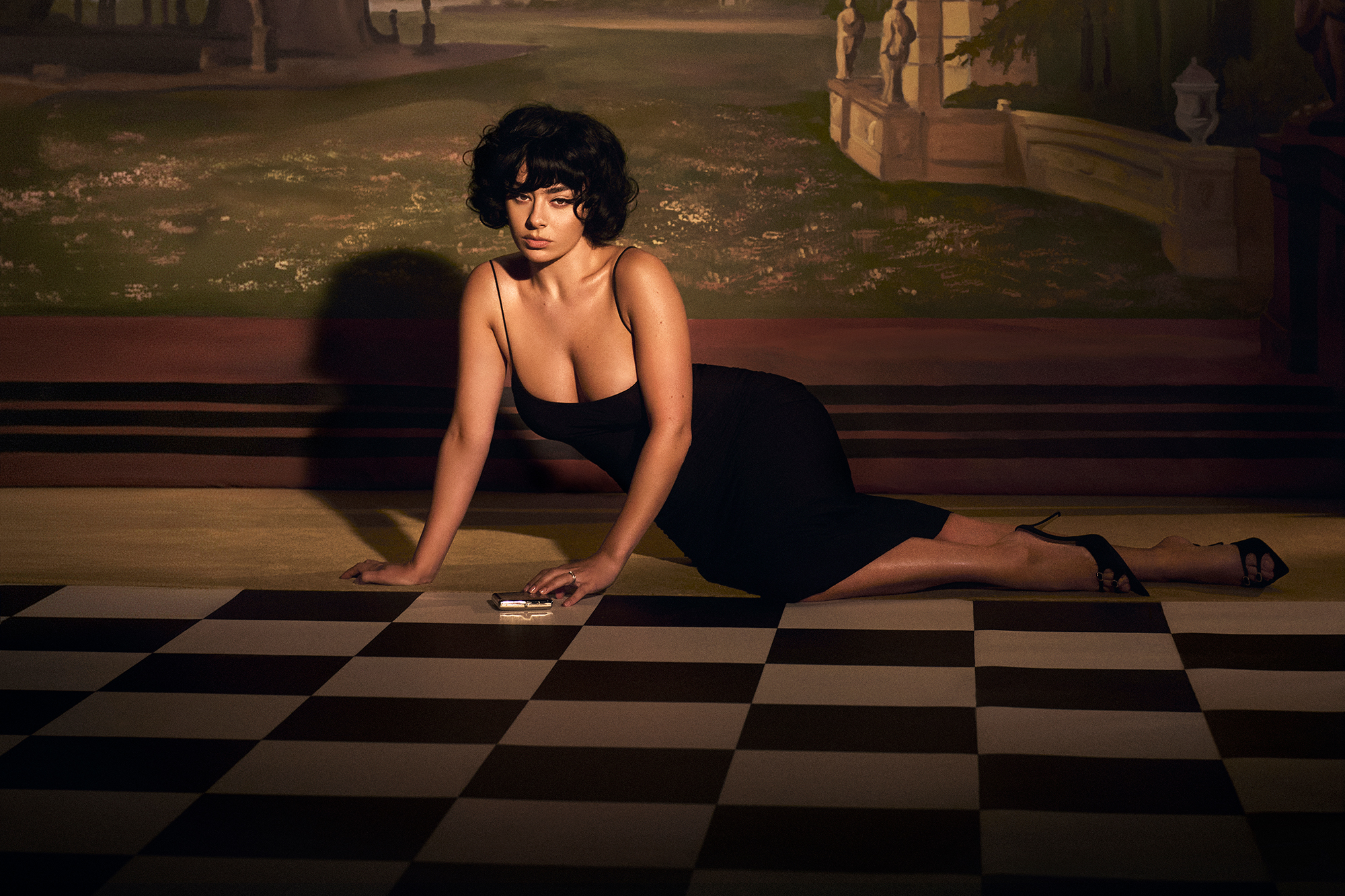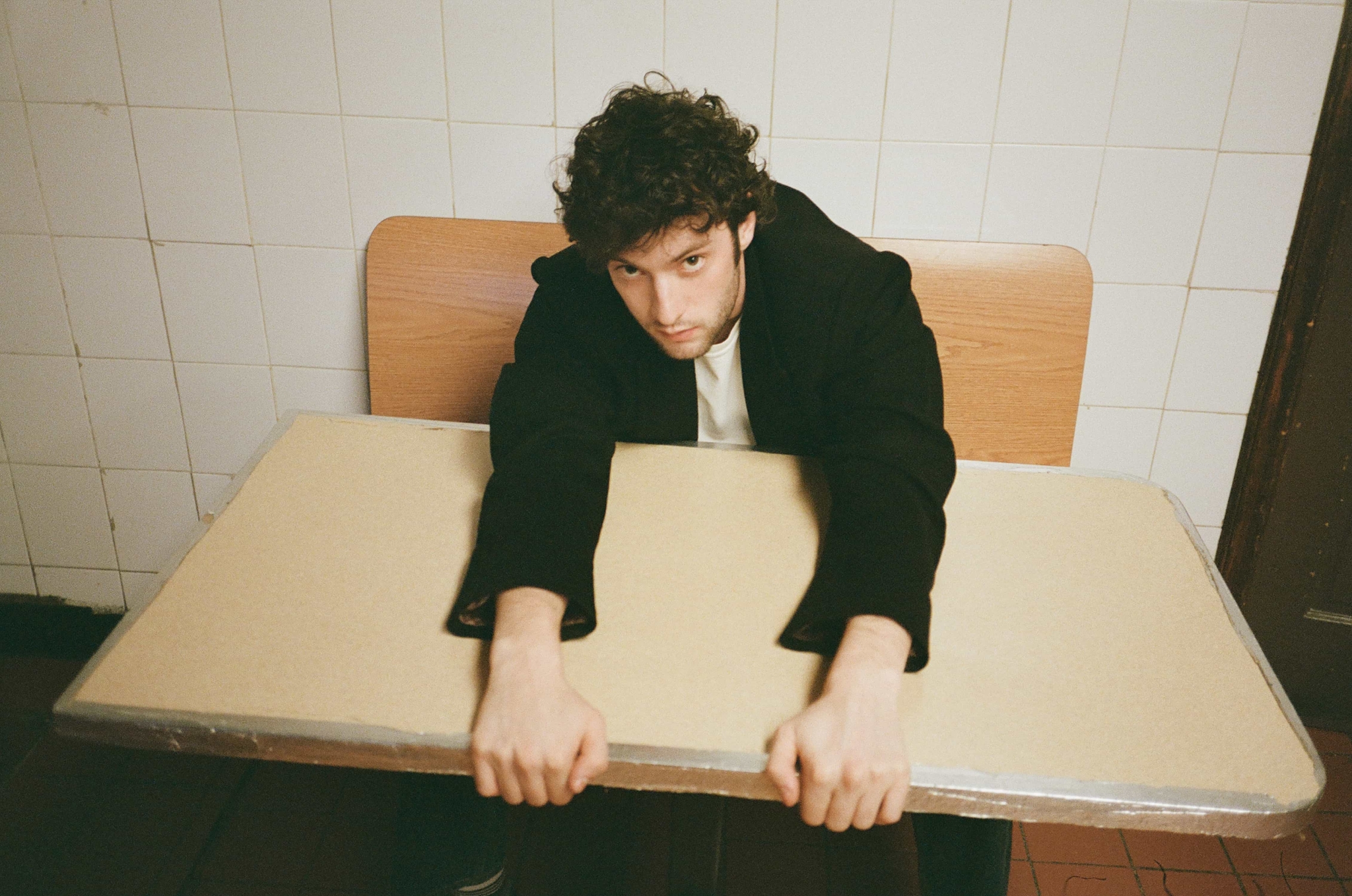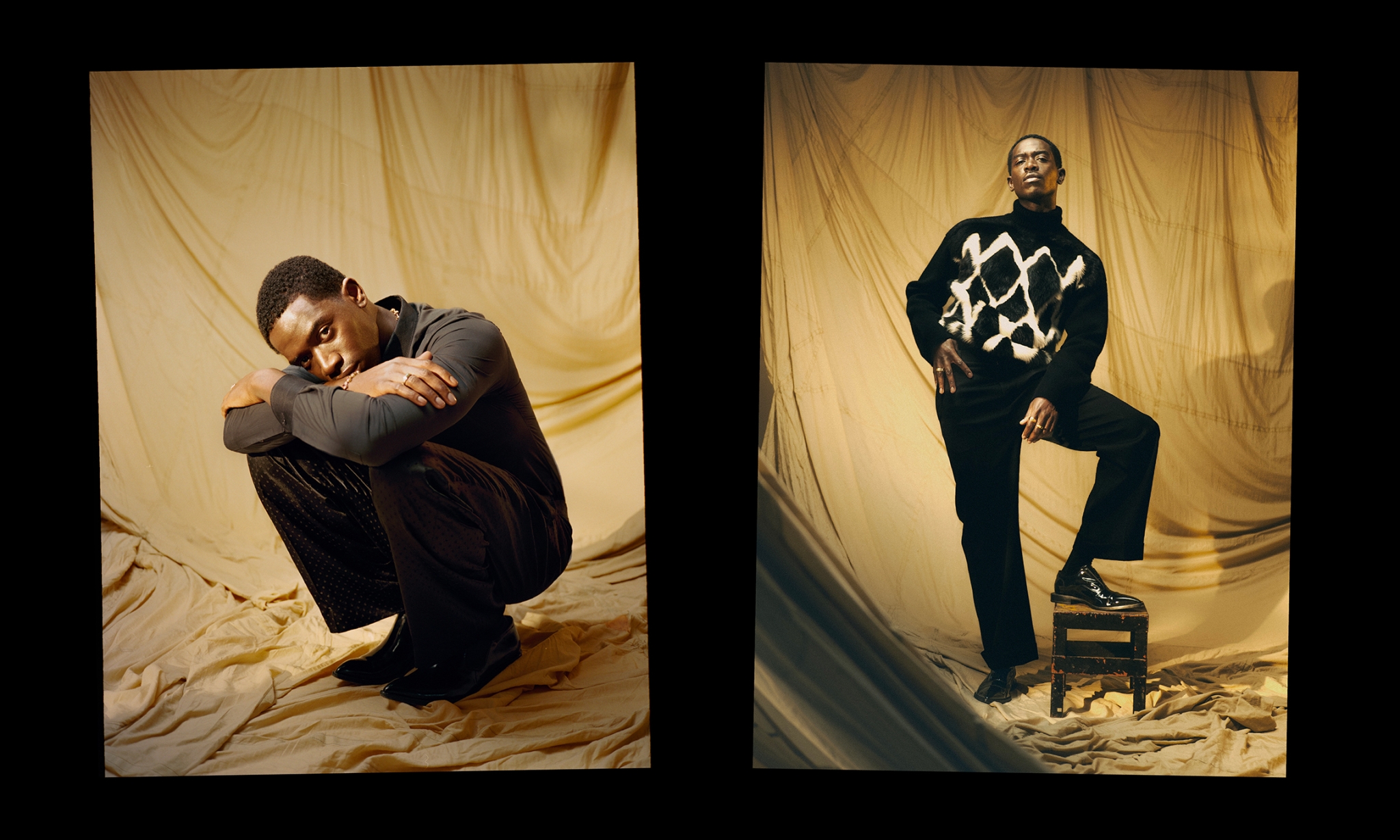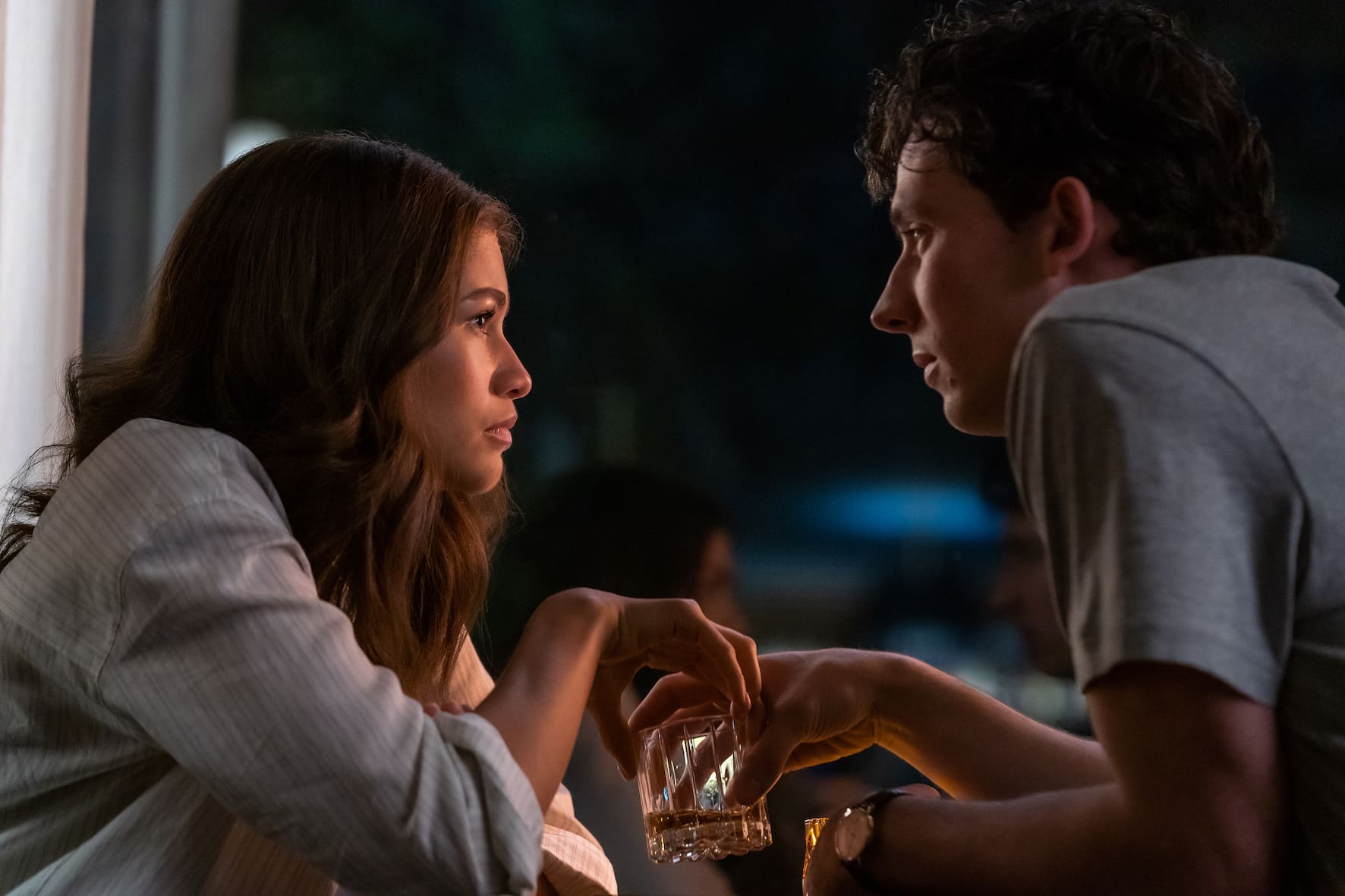
“It’s a relationship. That’s how the prodigious coach and former player Tashi Duncan (Zendaya) defines tennis in a critical moment in Luca Guadagnino’s blistering new drama Challengers. There’s truth to what she’s saying. As much as tennis is an individual sport, the greats are always remembered in relation to their fiercest opponents. It’s not the lightning-fast aces or the impressive backhands that are etched into history, but the inhumanly long rallies; tests of composure against an adversary just as determined to keep on fighting. Bathed in moonlight, she tells Art Donaldson (Mike Faist) and Patrick Zweig (Josh O’Connor)—two best friends and fellow players who worship at her feet—that she and her opponent at the US Open had, for a brief moment, found the perfect rhythm and synergy between them. The kind that makes tennis great tennis. “It was like we were in love,” she says, a feeling captured in Tashi’s guttural yell of pure adrenaline and ecstasy after she smashes the winner.
In Challengers, sex is tennis, and tennis is sex. The sport becomes the vessel for a volatile love triangle, where tennis matches are sexually charged, and every interaction (intimate or otherwise) has the ping-pong energy of an intense rally. Sensuality drips from every moment. It’s present in the fated, sweat-laden Challengers final, where Grand Slam winner Art faces a now washed-up Patrick in a lower-ranked championship to rebuild his confidence. It’s also present in the luxury hotel rooms where Art and Tashi, now married, reside—even when that flame threatens to fizzle out.
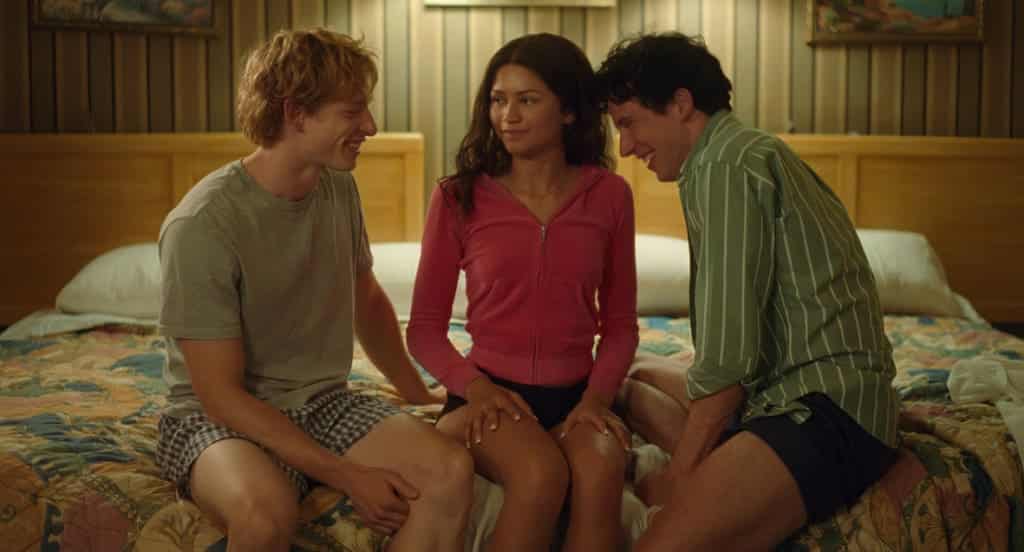
For a sport that is so entrenched in tradition and decorum, Guadagnino and writer Justin Kuritzkes manage to shake it loose by throwing in a stick of emotional dynamite. Art and Patrick’s shared history, forged across the net and in the privacy of their boarding school dorm, comes to a head in the titular match watched by Tashi. Each thwack of a racket is punctuated by emotional outbursts that release what can’t be communicated by words. Errant moves are admonished by time penalties, racket abuse violations, and obscenity warnings—their undefinable relationship cannot be bound by rules.
Tellingly, Kuritzkes has called tennis an erotic sport by nature. After all, what could be more tantalising than the notion of two players who are forbidden to touch? (In what is perhaps a reference to the infamous scene from Guadagnino’s Call Me By Your Name, a tray of peaches could be mistaken for tennis balls.) Tennis pairs well with Guadagnino, a sensual auteur who prefers to pan to the window and leave the course of events to the imagination than provide the satisfaction of knowing. In that all-important final match, tension simmers in the excruciating distance between Art and Patrick, which only intensifies with the knowledge of the closeness they once had. It’s as if you’re willing the two to cross the net.
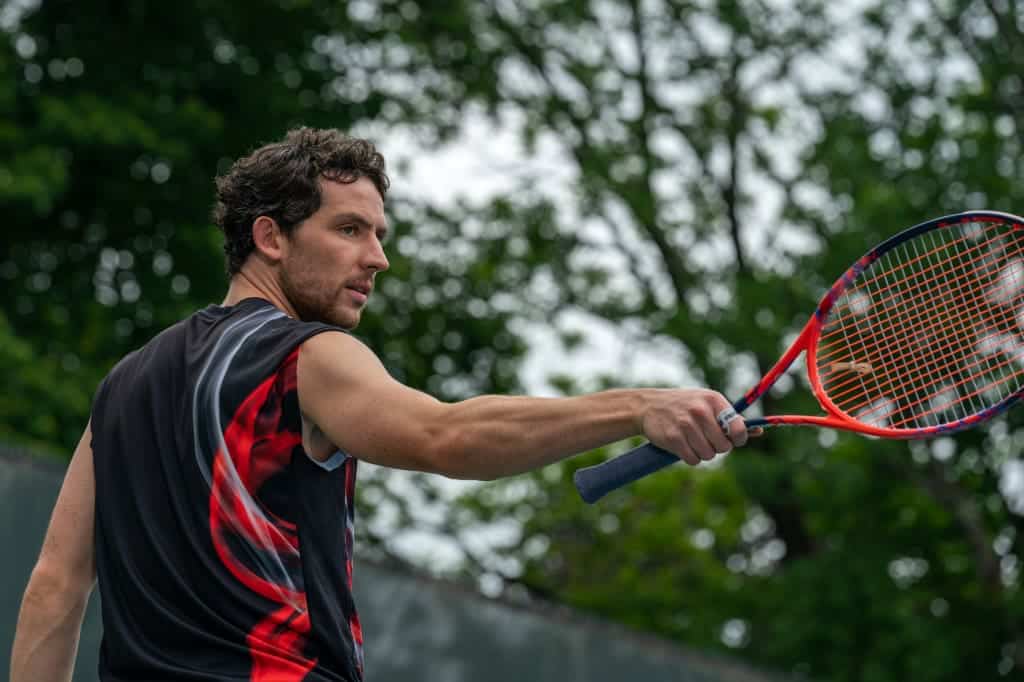
Guadagnino mines eroticism in every facet of tennis: in the parade of glistening bodies, the consumption of foods over intimidatory stares, and the excruciating wait for the serve to begin, which the director stretches out in glacial slow-motion. He understands that tennis isn’t just a jousting of bodies, but a peacocking game of psychological torment.
Tennis pairs well with Guadagnino, a sensual auteur who prefers to pan to the window and leave the course of events to the imagination than provide the satisfaction of knowing. In that all-important final match, tension simmers in the excruciating distance between Art and Patrick, which only intensifies with the knowledge of the closeness they once had.
Iana Murray
In Challengers, the game spills outside the court. Approaching the net is a risky play in tennis: you’re vulnerable to wide shots or your opponent lobbing the ball over your head, but it also allows the player to assume control and apply pressure. Patrick embodies this aggressive strategy in his interactions with Tashi and Art, invading their personal space to assert some semblance of dominance. Nowhere is that more apparent than in the casual affection of a cafeteria rendezvous with Art, as Patrick pulls his chair close and wrestles Art so that their faces, covered in the sugar of phallic churros, are mere centimetres apart. Here, the intimacy paramount to so many of Guadagnino’s films also operates as a tactic of manipulation. By the present day timeline, however, Art and Tashi have wised up to his tricks. When Patrick beelines straight for Art in a cramped sauna, he’s swiftly pushed away: “Can you please stop swinging your dick around?” Art rebuffs, with a hint of fondness in his voice.

In comparison, Art is a cautious player. As Patrick so astutely observes, he plays “percentage tennis”, waiting until Patrick stumbles so that he can claim the point. He’s non-confrontational, playing from the back line. Even in his most vulnerable conversation with Tashi—as Art reveals his intention to retire from tennis—he considers retreating to another room before sliding up to Tashi’s body in a final act of desperation.
And what of Tashi? Everything comes down to that observation she makes on her first night with Art and Patrick. For Tashi, tennis is a feat of passion that cannot be replicated by mortal means, and her relationship with the sport is laden with grief, induced by her career-ending injury. For years, Tashi searches for that unobtainable, ephemeral rush with the two men in her orbit. Patrick’s stubbornness occludes any chance of true greatness. Meanwhile, Art is too malleable to eke out any genuine passion, as his enthusiasm for the sport wanes while hers never wavers. Tashi is stuck in a torturous cycle of chasing but never quite reaching.
That is until the film’s riotous climax, in which the camera takes on the perspective of the tennis ball bouncing powerfully from racket to racket, emulating the heady rush that Tashi has been craving. As Art and Patrick hit volleys with such fervour that they seem beyond the laws of tennis, the distance finally closes between them. Danger and control and sex collide in a crash of bodies that has been a decade in the making. Patrick and Art embrace. Tashi’s euphoric scream returns. It’s practically orgasmic.
You might also like: How screenwriter Justin Kuritzkes became Luca Guadagnino’s favourite doubles partner


